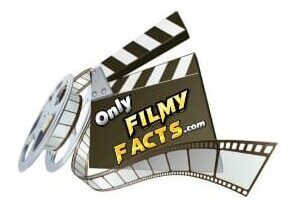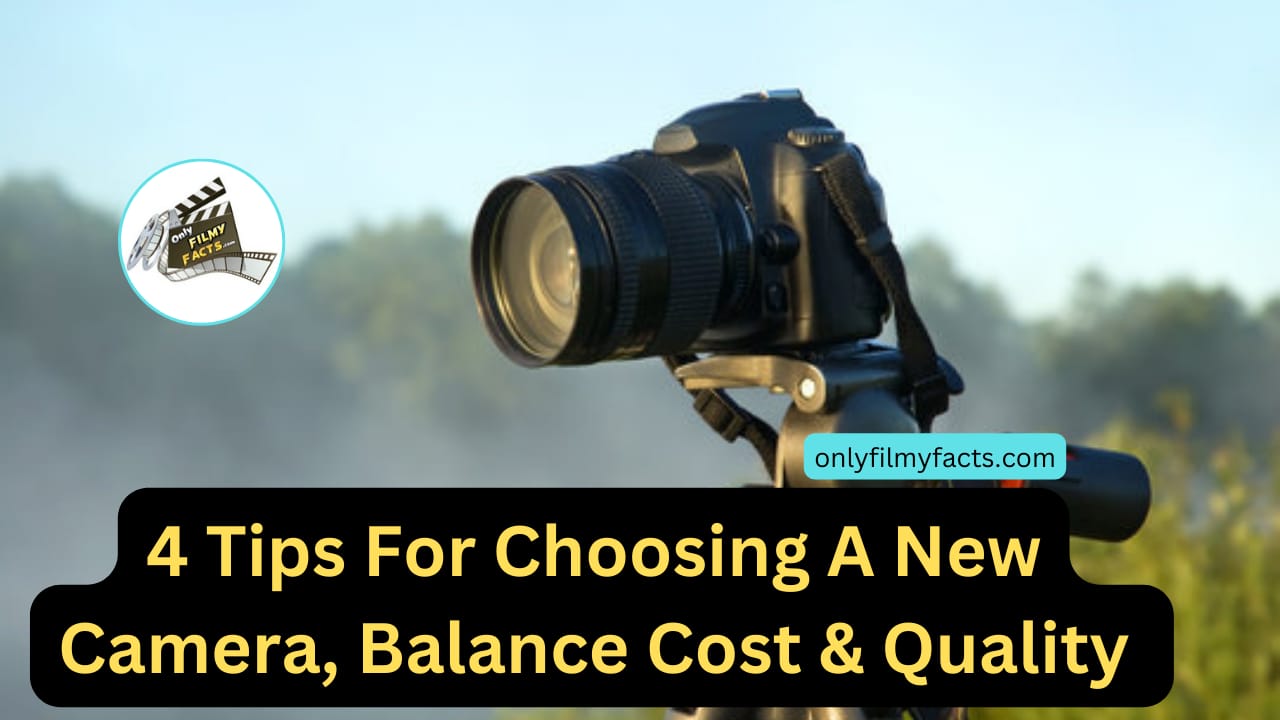There are advantages and disadvantages to Both film Cameras and Digital Cameras have benefits and drawbacks when it comes to photography. When deciding between the two, it’s important to consider the benefits, distinct features, style preferences, and cost differences for each camera and the results it produces. There are aficionados of both types of photography. Embracing one doesn’t mean you can’t work in both mediums; professional photographers commonly use both types of cameras. The majority of other quality issues are outweighed by the convenience of having a digital camera on a smartphone for the typical user.
We have already looked at the role played by pixel size and the benefits of a larger sensor. But, before you rush out to buy the CAM with the biggest sensor you can, it’s worth bearing in mind that you won’t always see its full advantage.
Key takeaways:
Shallower depth of field at the same F – number will be seen in a larger format with the same field of view
There are situations when having a certain depth-of-field is necessary, but shallow depth-of-field can still be beneficial creatively.
You can stop down a large sensor CAM to match the depth-of-field of a smaller one, but you often end up with comparable image quality if you do.
All formats are a series of compromises and there is no correct balance to strike.
Film Advantages
Film photography has a few benefits over digital photography:
- A film camera may have a lower initial cost than an equivalent digital CAM.
- Film delivers a higher dynamic range, which makes it better at capturing detail in whites and blacks.
- Film photography is more forgiving when it comes to small exposure and focus errors.
- The resolution of a film CAM is frequently higher than that of the majority of digital CAM’s.
- Film photographers need to consider their shots more carefully before taking them because there are only so many exposures available on a roll of film. Digital photographers typically focus on shooting and consider later. Depending on your point of view, this can be considered a benefit or a drawback.
Film Disadvantages
The following are a few drawbacks of film photography:
- Generally speaking, film CAM weigh more than comparable digital cameras.
- Film storage takes up a lot of physical space.
- Film development and purchasing are ongoing expenses.
- You risk developing bad photos or accidentally taken pictures because the film needs to be developed before viewing.
- The photographer must use a lab to develop the pictures if they do not have a darkroom.
Digital Camera Advantages
Digital photography and cameras have the following benefits:
- Large prints can be made with point-and-shoot CAM’s because their resolution, which is typically between 12 and 20 megapixels, is sufficient.
- Generally speaking, a digital CAM weighs less than a film camera.
- Because memory cards are small, they don’t need a lot of storage space.More pictures can be stored on one memory card than on twelve rolls of film.
- A digital CAM’s photos are instantly viewable.
- You can edit your images directly on the CAM or on a computer with photo-editing software.
- You have the option to print just the pictures that you find most appealing.
- Many cameras offer built-in filters.
- There is instant gratification with a digital CAM. This can be an advantage or a disadvantage, depending on your perspective.
Digital Disadvantages
The following are a few drawbacks of digital CAM and photography:
- To manage and edit images taken with digital photography, computer skills are typically required.
- A digital camera typically has a higher initial cost than an equivalent film CAM.
- Digital photos frequently lose black and white detail.
- Some digital cameras are difficult to focus.
- When compared to film images, digital images are less nuanced.
- Digital CAM’s become obsolete much faster than film cameras.
- The digital storage can be lost; backups are absolutely necessary.
- Compared to film cameras, many digital CAM’s perform worse when it comes to low light focus.
- Comparing digital to film, the former uses more batteries. To guarantee that the CAM is always charged, digital photographers should always carry extra batteries.
Both film and digital cameras ultimately produce excellent photos. Pick the option best suited to your needs, style, and budget.

